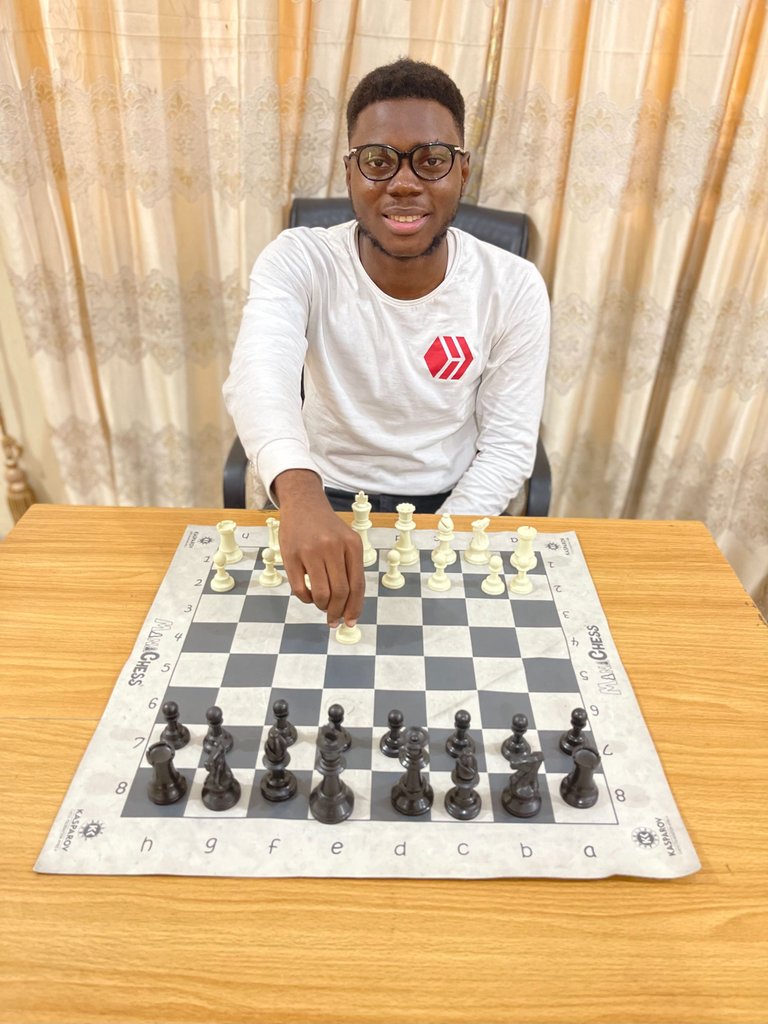Book Review: Anthills of the Savannah

Designed in Figma Image Source
Hi there,
Over time, I have developed the conscious effort of making book reviews a part of my blog as it is a way of sharing what I know with you all on Hive, and in return, learn as well. They say we tend to remember what we have read in the past by talking about it or better writing about it.
Way back in my university days, my roommate happened to be an English student which meant there were some books present in our dorm room, especially in his bookshelf. One of his books I laid my hand on from his shelf was Anthills of the Savannah written by Chinua Achebe.
For those who don't know the author, he is widely regarded as the Father of Modern African Literature. What this means is that he laid down the foundational work for contemporary African authors of today giving them the framework to tackle pre- and post-colonial issues through their works of literature, be it prose, drama, or poetry.
In the words of Wikipedia about the man:
Chinua Achebe, born Albert Chinụalụmọgụ Achebe; (16 November 1930 – 21 March 2013) was a Nigerian novelist, poet, and critic who is regarded as a central figure of modern African literature. His first novel and magnum opus, Things Fall Apart (1958), occupies a pivotal place in African literature and remains the most widely studied, translated, and read African novel. Along with Things Fall Apart, his No Longer at Ease (1960) and Arrow of God (1964) complete the "African Trilogy". Later novels include A Man of the People (1966) and Anthills of the Savannah (1987). Achebe is often referred to as the "father of modern African literature", although he vigorously rejected the characterization.
My main lesson will be from his 1987 book Anthills of the Savannah where Achebe used the book to talk about the injustice in keeping silent. He spoke about the complicity in injustice that comes with keeping silent through the use of the character Chris Oriko, the information commissioner, who chose to turn the other cheek while working under his friend Sam, the dictator.
Sam grew more and more of a tyrant while Chris chose to keep quiet about it. This is what Achebe used to describe the media that remains quiet or chooses to say nothing in the midst of ongoing chaos. Under the era depicted by Achebe is a period of military rule but it does not fail to talk about the injustice that still goes on in the world of today.
The media, authorities, and even law enforcement still choose to turn their backs when the people begin to speak out against the oppression from people in office or government uniforms. It may be police brutality, government embezzlement, corporate espionage or even increasing poverty, yet it is not talked about.
To date, I still remember how the media coverage chose to report incomplete facts about the 2020 ENDSAR protest, instead, they spoke from a point of blame and others avoided the topic entirely. This is what the author is talking about as being complicit. As he says silence in the face of injustice enables oppression to thrive.
While one character depicts the silence of people who choose to remain silent in the midst of either government corruption or police brutality, Achebe introduces another character known as Beatrice, who unlike her lover Chris chooses to speak the truth. Beatrice organizes activities and attends events. She even speaks up on issues and in places where men have failed to do so. This goes a long way to symbolize how she's a beacon of truth and she chooses not to remain silent about the oppression.
Anthills of the Savannah is one African masterpiece that portrays the need to speak up about the oppression, injustice, and brutality that go on instead of choosing to remain quiet.
Other book reviews of mine you might be interested in;
Everything is Fucked by Mark Manson
The 5am Book Club by Robin Sharma
Life Lessons from the Secret Lives of Baba Segi's Wives by Lola Shoneyin
Don’t Believe Everything You Think by Joseph Nguyen


I am @samostically. I love to talk and write about chess because I benefited a lot from playing chess, and I love writing about chess. When I’m not writing about chess, Uhm…
♟♟♟♟♟♟♟♟♟
Posted Using INLEO
This post has been manually curated by @bhattg from Indiaunited community. Join us on our Discord Server.
Do you know that you can earn a passive income by delegating your Leo power to @india-leo account? We share 100 % of the curation rewards with the delegators.
100% of the rewards from this comment goes to the curator for their manual curation efforts. Please encourage the curator @bhattg by upvoting this comment and support the community by voting the posts made by @indiaunited.
The name Achebe reminds me of my childhood friend. Nice review.
Thank you! Do you still talk to that friend?
Omo no. Not anymore.
Hey, what a great review! I haven't read this book, and to be honest, the way you describe the plot and its central message got me thinking. The theme of silence as an accomplice to injustice is incredibly powerful and, unfortunately, very relevant today. I was captivated by the dynamic between the characters you mentioned: one who chooses to remain silent out of comfort or fear, and the other who becomes the voice of truth.
Hey @samostically, we're organizing hive book chat every Saturday at 12PM UTC. In case you're interested, feel free to join and tune in.
I used to participate years ago. It’s usually interesting. I’d try and be there once again.